Retail technology innovation round-up: immersive experiences, GenAI labs, and autonomous supermarkets
RTIH Editor, Scott Thompson, brings you his top retail technology innovations from the first quarter of 2025, including Profitmind, Primark, Pinterest, Walmart, Sensei, MC Sonae, Heineken, Simbe, Instacart, Coles Supermarkets, Amazon, Carrefour Belgium, and Currys.
1. Profitmind
Profitmind has been crowned the winner of the 2025 Retail Technology Show (RTS) Innovation Awards, which champion progressive technologies powering retail transformation.
Each year, the awards selects solutions from across the RTS exhibition floor that can unlock competitive advantage and digitally transform retailers’ capabilities.
Profitmind is a SaaS solution which uses machine learning, generative AI and agentic AI to drive profitability. It was selected as the 2025 winner due to its ability to leverage AI to track competitors, analyse internal data and surface fast-impact revenue and margin growth opportunities to increase productivity, transparency and profitability.
Described by RTS Innovation Award judge and OB&Co’s Oliver Banks as “a commercially minded AI [that lives] in your pocket, crunching through complex data to prioritise business opportunities,” the solution scored highly with the judges, comprising of RTS advisory board members and industry experts and analysts, for its margin boosting capabilities.
Matt Bradley, Event Director at Retail Technology Show, comments: “With retailers facing a raft of rising costs, already razor thin retail margins are coming under significant pressure. Profitmind puts AI to work, using game-changing insights to deliver growth hacks and pathways to profit, which retailers urgently need to survive and thrive against a backdrop of cost pressure. Up against a high calibre of competition from the rest of the shortlist, we congratulate Profitmind on being crowned the winner.”
2. Walmart
Walmart has launched its first ever server on Minecraft Java Edition.
Walmart Skyward is being released in the run up to A Minecraft Movie hitting cinemas in April.
It is pitched as an action packed, story driven server on Minecraft Java Edition where players embark on a space adventure to find a lost friend. It will run over the course of six weeks, with a new chapter being released each week, taking players on a journey across galaxies to uncover the secrets of an interstellar civilisation.
"While Walmart Skyward is not an official Minecraft service, we’ve created a truly immersive experience for players and YouTube content creators alike, offering endless content creation possibilities with our chapter-based format. Walmart is also players' go to destination for Minecraft products, including exclusive items from The Minecraft Movie," says Justin Breton, Head of Brand Marketing Innovation at Walmart.
"This activation is a significant step in our growing commitment to the world of gaming. With over three billion gamers worldwide and even more gaming content consumers, gaming is more than just entertainment - it’s a culture. From Minecraft lovers to YouTube creators, we're here to make gaming even more accessible, creative, and unforgettable."
3. Heineken
Heineken has announced the launch of its first Global Generative AI (GenAI) Lab in Singapore.
Ronald den Elzen, Chief Digital and Technology Officer at Heineken, says: "We aim to be the world’s best connected brewer. GenAI will play an increasingly important role in understanding consumer needs, enhancing customer engagement, and improving productivity throughout the company.”
“The establishment of the Global GenAI Lab marks a significant milestone in our digital transformation journey, highlighting our strategic focus on advanced GenAI technologies as essential drivers for growth, efficiency, and innovation.”
Kenneth Choo, Managing Director, APAC, says: “We are pleased to announce our Global GenAI Lab in partnership with AI Singapore. This Lab will serve as a global centre of expertise, driving AI innovation at a local level while enhancing our operations on a global scale.”
“By taking this significant step, we are strategically positioning ourselves for a resilient and thriving future, reaffirming our commitment to Singapore and the Asia Pacific region. By harnessing Singapore’s exceptional AI ecosystem, skilled talent and supportive government policies, we are excited to drive the development of innovative solutions that will transform the beverage industry for years to come."
The Lab will lead the development of scalable GenAI solutions across critical business areas, including agentic systems that can autonomously solve complex problems, from automated marketing content creation to intelligent financial reporting and next-generation customer support and knowledge management systems.
By the end of 2025, the aim is to assemble a specialised full-time team. They will integrate with Heineken’s Digital and Technology specialists with talent recruited from AI Singapore.
4. Carrefour Belgium
Carrefour Belgium has developed a new autonomous micro-store concept, Carrefour BuyBye, in association with Reckon.AI, with the aim of tapping into opportunities beyond traditional retail.
The initiative has now seen a trial of an interactive fridge section at an Auderghem hypermarket.
"We’re proud to mark a new milestone with Carrefour Belgium, bringing smart stores to one of the largest hypermarkets in Auderghem - unlocking new revenue streams with ease," says Ana Pinto, CEO at Reckon.ai. "Trusted by Carrefour, our solution is live at HQ, franchised stores, and Publicis, with roll-outs expanding to hospitals, stations, and universities, driving growth and creating value together."
Matthieu Ullens, Director E-commerce, Data and Digital Transformation at Carrefour, comments: "This is the future of shopping - the interactive fridge that lets you buy and say bye in one seamless move.Developed with our amazing Innovation team, this new concept is designed to revolutionise the way our customers shop, combining convenience with cutting-edge technology."
He adds: "After successful technical tests, we’re now diving into financial viability assessments to measure its potential impact. The journey has already begun with Carrefour BuyBye units up and running at our Service Centre in Zaventem, in franchised stores, at our partner Publicis, and in other strategic locations such as hospitals, offices, and more.”
“We’re excited to see how the latest test at the Auderghem hypermarket unfolds. A huge thank you to all the teams who brought this idea to life. Your dedication is paving the way for a more innovative and effortless shopping experience. This is just the beginning as we continue to build the future for our customers."
5. Coles Supermarkets
Australian retailer Coles Supermarkets reports the roll-out of Caper Carts, Instacart’s AI powered smart trolleys, at its Richmond Traders location in Melbourne.
Caper Carts are equipped with AI, cameras, and a built-in scale, which work together to automatically recognise items as they are added to the trolley. They enable customers to bag as they shop and watch their running total. At the end of their shopping, customers can checkout directly from the trolley.
Caper Carts sync to Coles’ Flybuys rewards programme. Customers can scan their Flybuys card or Coles app to instantly access personalised offers and view in-store specials on the trolley’s digital screen.
When they shop in-store, they can later view purchased items under their ‘buy it again’ list on the Coles app and website. Equipped with gamified capabilities, they also have the chance to win discounts by spinning a digital wheel on the trolley’s screen at checkout.
Coles is the first retailer in the APAC region to launch Caper Carts, and also the first in the country to introduce AI powered trolleys.
6. Currys
Currys has launched a pilot of an initiative the retailer intends to bring to market across its stores, a QR code enabled “want to know more?” experience that customers can trigger on their smartphone as they’re browsing products.
In a LinkedIn post, Dan Rubel, Brand & Marketing Director at Currys, said: "I believe this will be a gamechanger for us. I can’t believe we didn’t do it like this earlier. Mimic the in-store shopper experience by clicking here for yourself.”
"For nearly every piece of tech we sell, our physical fixtures don’t have enough space to wax lyrical about everything that tech can do. We skim the surface and that will become even more of a reality as AI becomes ever more embedded in the tech we buy. Sometimes customers want to know more than the fixture can tell them, but they’re not quite ready to chat to an expert colleague."
He added: "So Ainsley Sykes (Head of Commercial Initiatives at Currys) and his crew have grabbed hold of that challenge and smashed it to pieces with a blend of old and new tech.”
On triggering the QR code, shoppers will experience a social inspired dramatisation of the product’s key benefits (short sharp vignettes, using motion graphics or video). The content aims to be easy to skip through (bearing in mind that people are interested in different things) and with links to deeper detail for those who need that. And in the future there will be an AI fuelled chat function enabling customers to ask specific questions.
Rubel concluded: "Like all the best ideas, it’s simple and it’s based on a real shopper need. The pilot is already live with more landing over the coming months. Early data suggests excellent usage and we expect to see a tangible commercial impact. I reckon these things will be common place across our store and across departments in 12 months time."
7. Sensei and MC Sonae
Sensei has partnered with MC Sonae on the opening of a new Continente Bom Dia location, in Leiria, Portugal, pitched as the world’s largest autonomous supermarket.
In a LinkedIn post, Sensei said: "This revolutionary achievement is a record breaker on so many levels, setting a new benchmark for the future of retail: 1.676 cameras; 1,200 sq m2; 2,000 scales; 21 servers; 10.000 SKU’s."
"With democratic entry (no app or card tapping needed), assisted sales (fresh fish counter), simplified real-time basket checkout, discrepancy detection (a first!), and many more, bringing the shopping journey to a whole new level."
It concluded: "We changed everything, challenging the retail status quo, without changing anything - except for the groundbreaking checkout process, it’s just a really simple, smooth and seamless shopping experience."
"This new store represents a significant milestone in the innovation and modernisation of the retail sector, combining the support of our employees with Sensei's technology to create a unique shopping experience," said Luís Moutinho, CEO at MC (Sonae Group). "We are excited to witness how this innovative store will serve the community and are confident in the experience it will provide to our customers."
8. Simbe
Simbe has announced the next step in its journey to power the single source of truth for store intelligence with the launch of Tally Spot.
It claims that this addition to its multimodal Store Intelligence platform, which is in beta in US stores, makes it the first and only retail technology company to combine computer vision, RFID, and now fixed sensors.
In a LinkedIn post, Brad Bogolea, Co-founder and CEO at Simbe, said: "Since launching the world’s first autonomous item scanning robot, Tally, we’ve continuously evolved to meet our retail partners’ needs. Tally Spot now complements Tally’s storewide coverage with higher frequency monitoring in select high turnover, high theft, and high value areas. It is in beta in stores nationwide."
He added: "This milestone underscores our retail partners’ drive for innovation and their trust in Simbe to design the capabilities for stores of 2035. Together, we’re improving shoppers’ and store teams’ experiences while helping retailers evolve their operating model in this modern age. To our incredible product, web, design, engineering, and commercial teams, thank you for your relentless focus and hard work in advancing our mission.”
9. Amazon
Amazon is reportedly building a team of eight individuals, which includes its own employees and members of Covariant, to design and build humanoid robots. The team will increase in size over the coming weeks.
That’s according to Brittain Ladd, a supply chain consultant and former Amazon executive, who, in a LinkedIn post, states his belief that the US online retail giant entering this market will lower the valuation of Figure and other robot manufacturers.
Citing unnamed sources, Ladd flags up use cases for the robots that include loading and unloading trailers, moving pallets, fulfilling orders, and other tasks that occur inside Amazon's warehouses. The company is also creating use cases for leveraging the robots inside of homes, hospitals, schools, nursing homes, and other uses. Incorporating Alexa into the robots will be tested.
He adds: “The plan is to use simulation to assess different designs. For example, one version of a planned humanoid robot will leverage wheels, while other designs will be bipedal and able to walk. Simulation will take place by early fall if not sooner. It’s possible that one or more design prototypes “can be ready later in the year,” according to a team member.”
He observes: “I'm glad Amazon is entering the humanoid robot business. Unlike other companies in the market, it should be able to build robots that legitimately can work in warehouses and in manufacturing plants. Its robots for use in homes, hospitals and other businesses, should also be much more practical than the humanoid robots that have been created.”
There is too much nonsense surrounding this space, Ladd argues in his LinkedIn post.
“Videos of robots pouring lemonade and putting away groceries may look cool, but the robots themselves are virtually useless. Everything you see in the videos has been carefully orchestrated to create the perception that it will only be a matter of a few months or only a year before robots begin to appear everywhere. No they won’t. The hype outweighs the reality. Humanoid robots have a long way to go before they’re truly useful.”
“The videos are no different than the video of the Nikola Corporation truck that appears to be running on hydrogen when in fact, the truck wasn’t running at all - the truck was pushed down a hill and is coasting in the video. When it comes to humanoid robots, what you see isn’t reality, it’s a production, it’s a marketing ploy. Remember that.”
10. Primark and Pinterest
Primark is for the first time ever officially launching a Pinterest inspired new Spring home collection.
As new research (which involved a survey of 2,003 Brits) reveals a lack of money (51%) and a lack of inspiration (22%) are some of the biggest challenges when it comes to redecorating, the pair say that they are partnering to make it easier than ever to design and transform your space with stylish, budget friendly pieces.
The new collection, launching in Primark stores and available to purchase via Pinterest using Click & Collect, is inspired by the social media platform's search data and features products from Spring floral crockery, to soft pink frill bedding. The three hottest trends that have informed the collections are - Cosy Cottage, Minamaluxe and Dainty Décor.
To style the new collection before they buy it, people can head to Pinterest and use Collages - an interactive tool to pull together their vision, using cutouts of products from the Primark range. It’s then possible to bag the collection in a new way, as the Collages link directly to Click & Collect, which is now available in over 130 Primark stores across Great Britain. Shoppers can also purchase the range in stores throughout March.
Sinead McDonagh, Head of Design at Primark, says: “Pinterest is where so many of us go for home inspiration, but sometimes turning those saved Pins into reality isn’t always easy, especially on a budget. That’s why at Primark Home, we’re committed to making trend led interiors affordable and effortless."


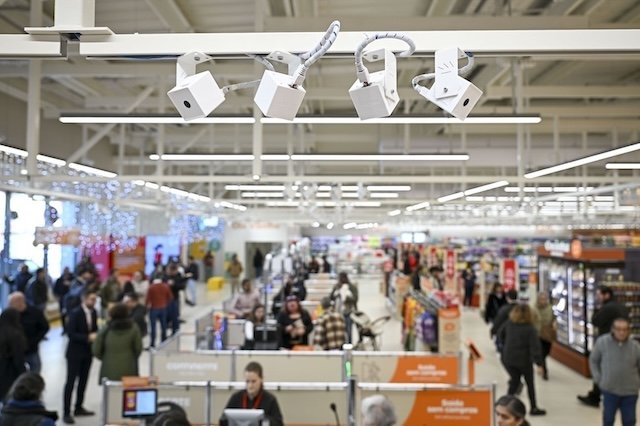
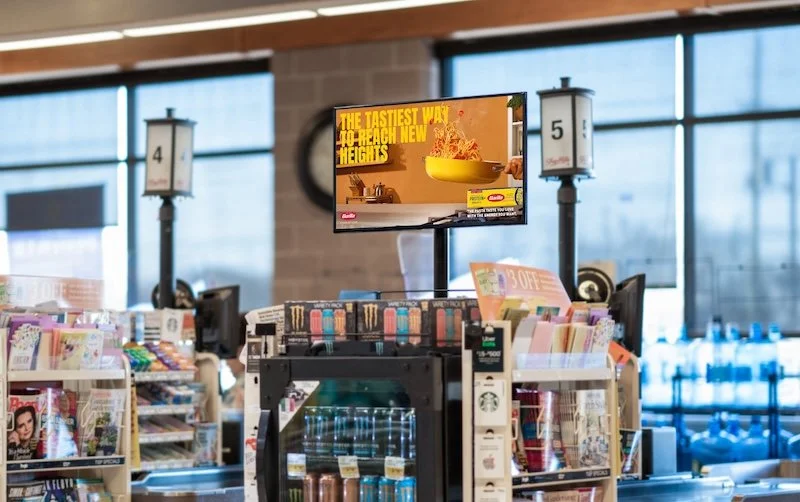
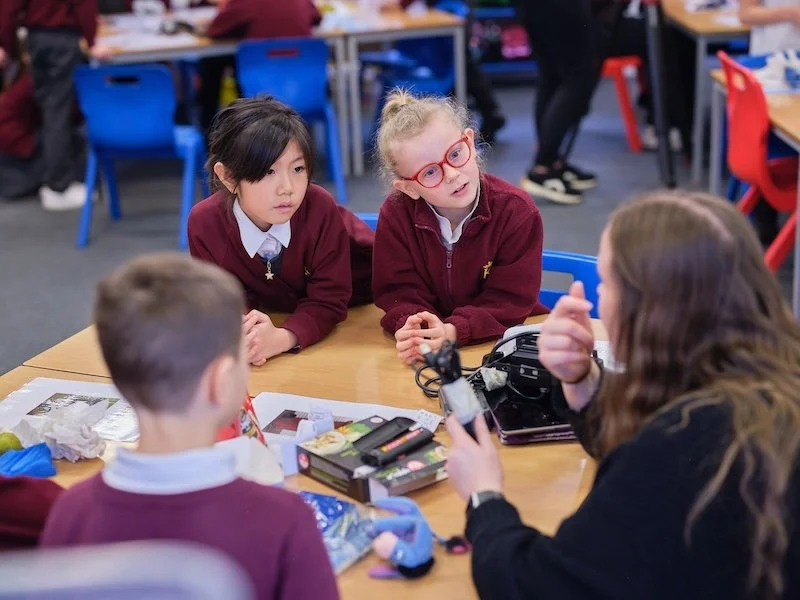


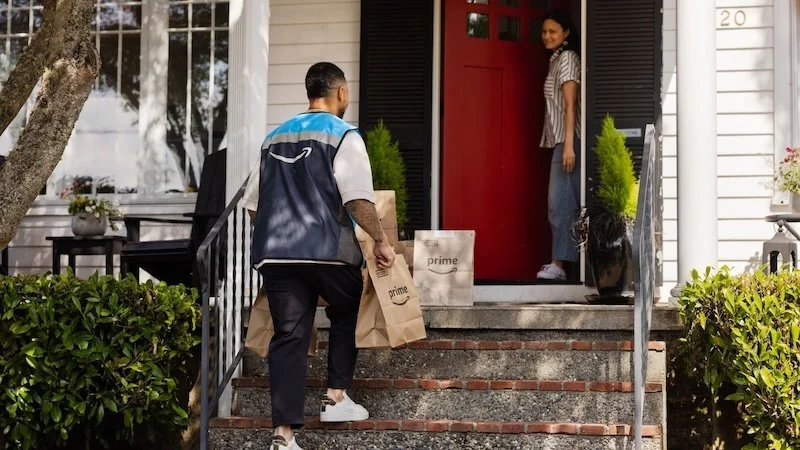

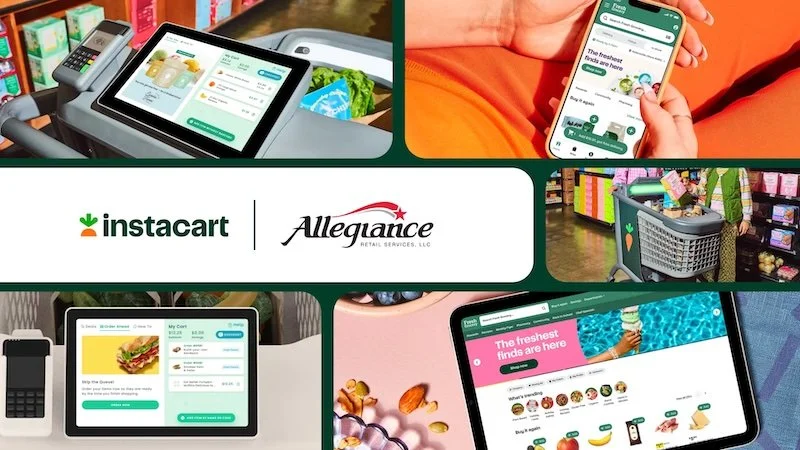
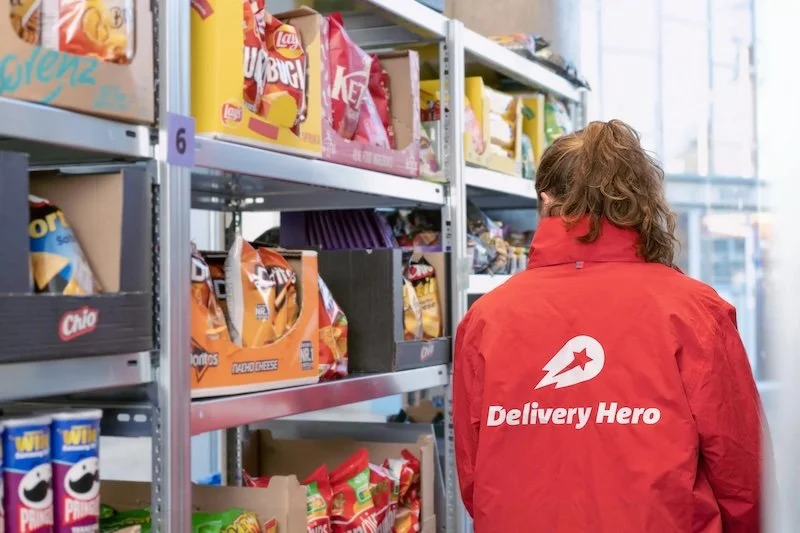

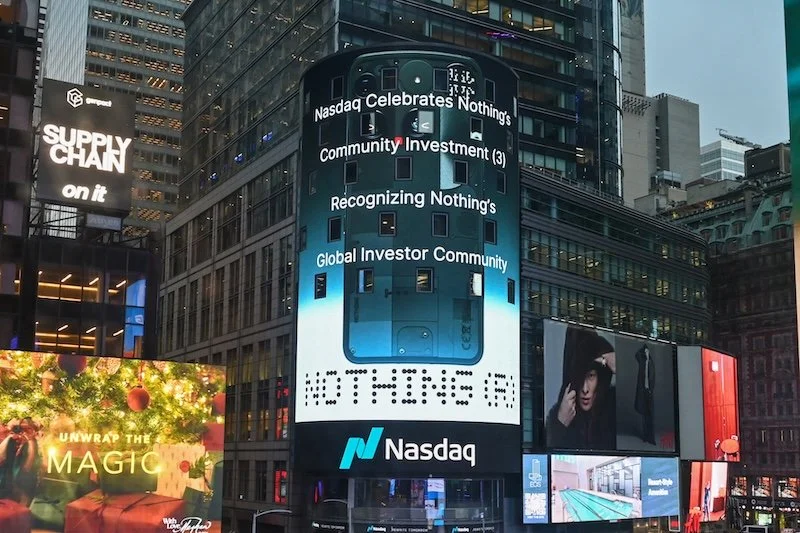

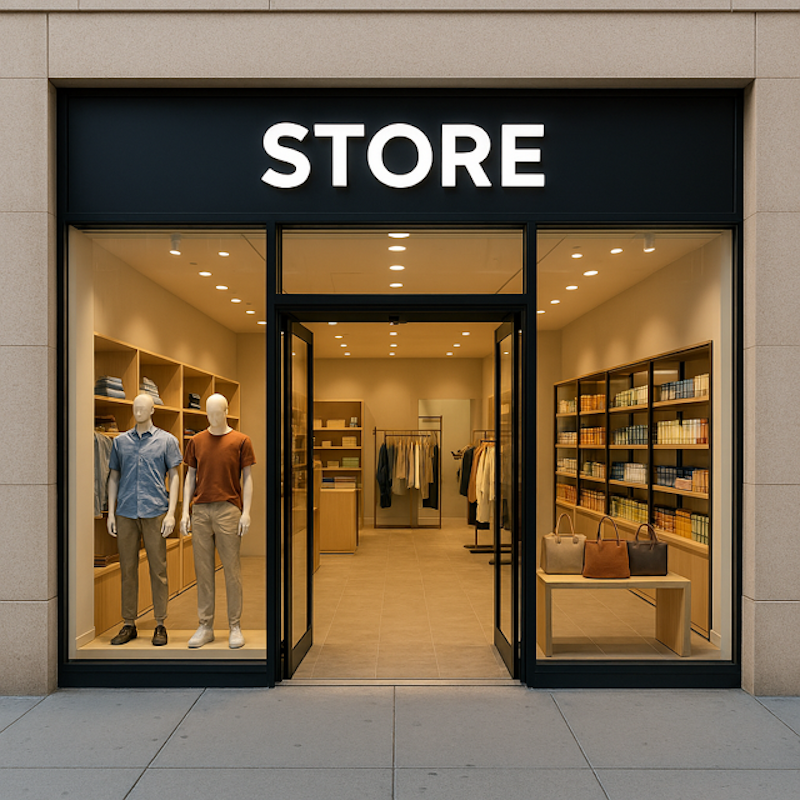

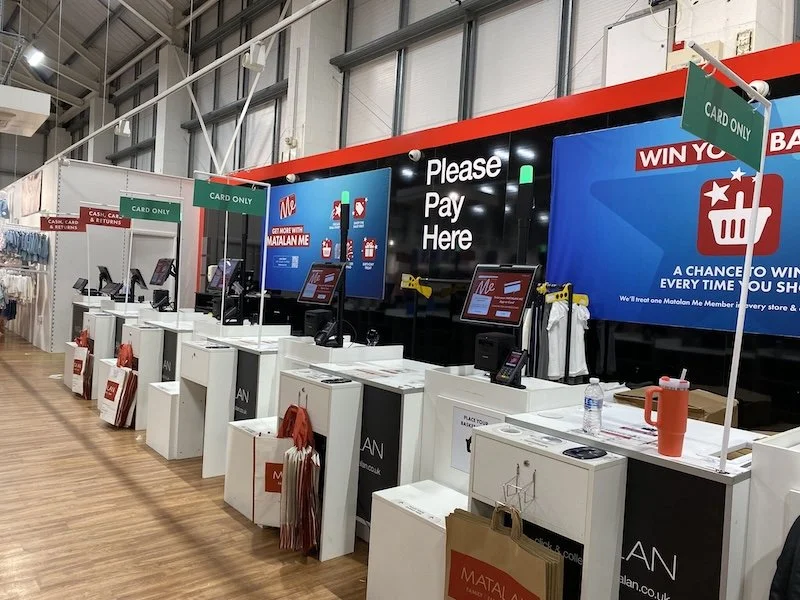
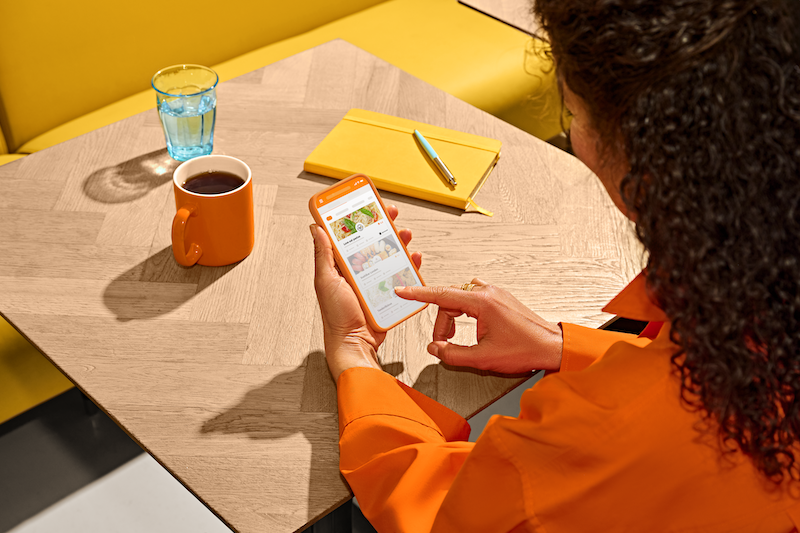
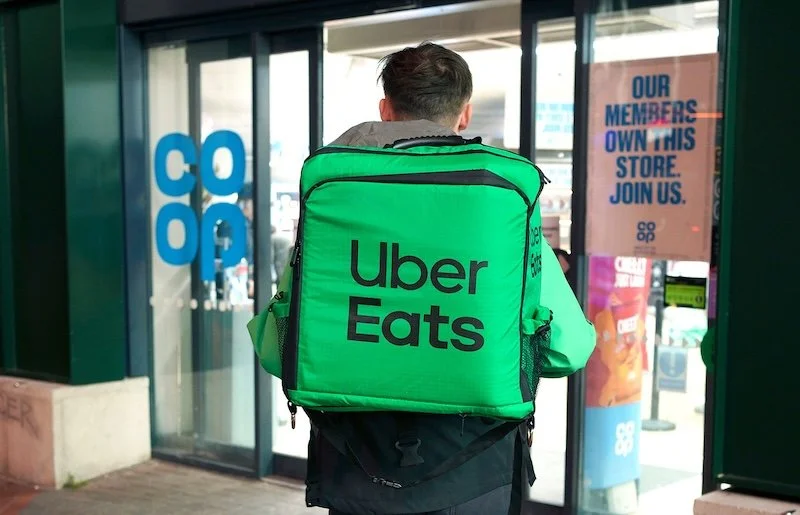
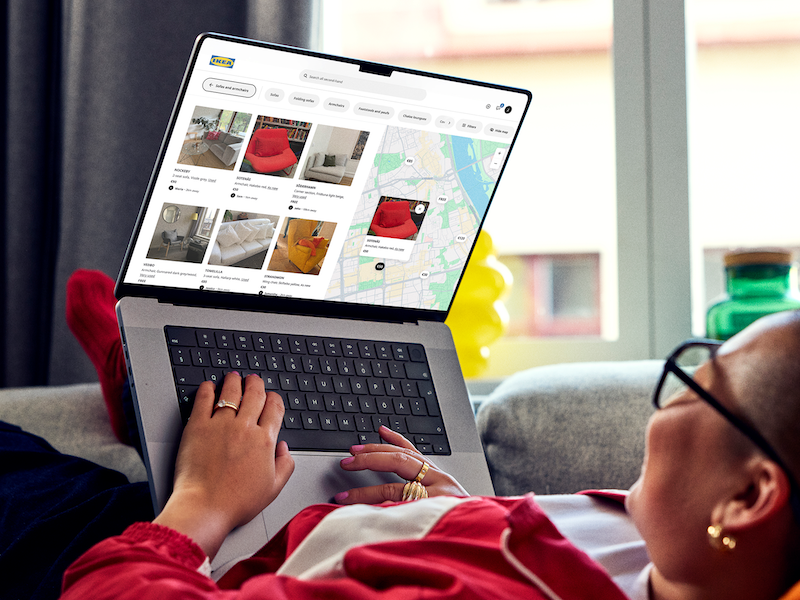

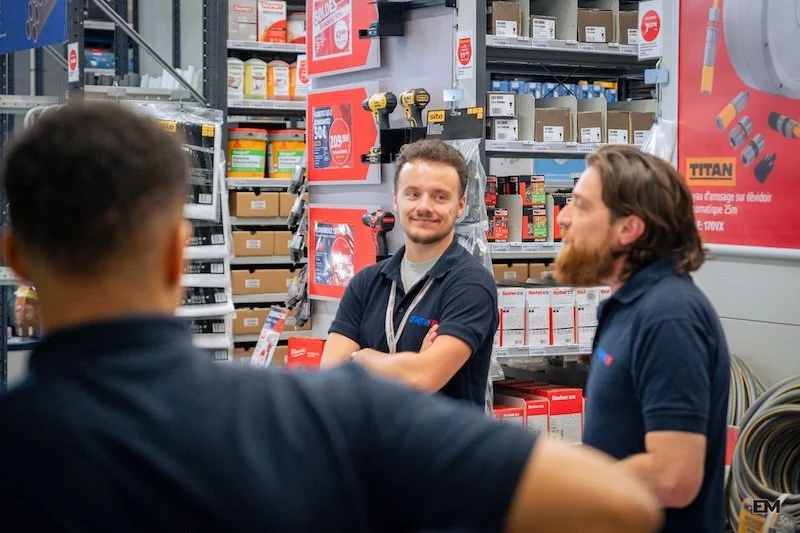
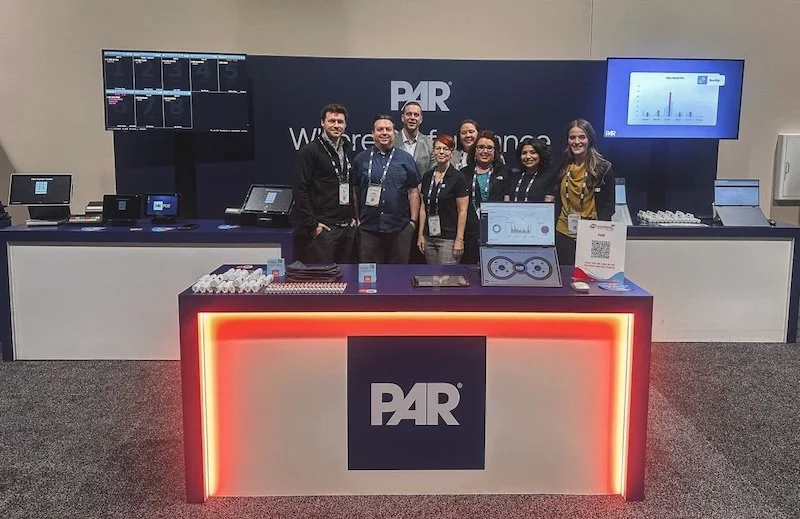




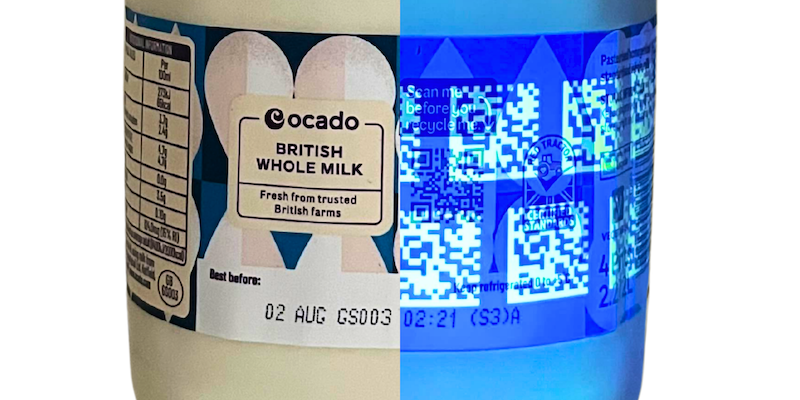



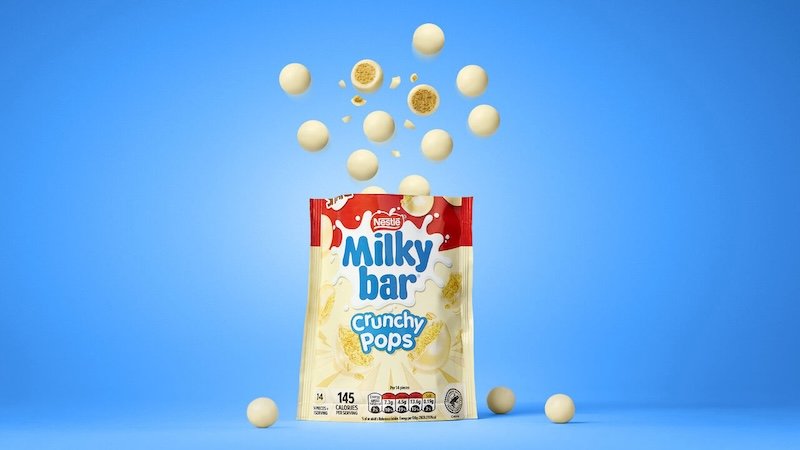
Continue reading…